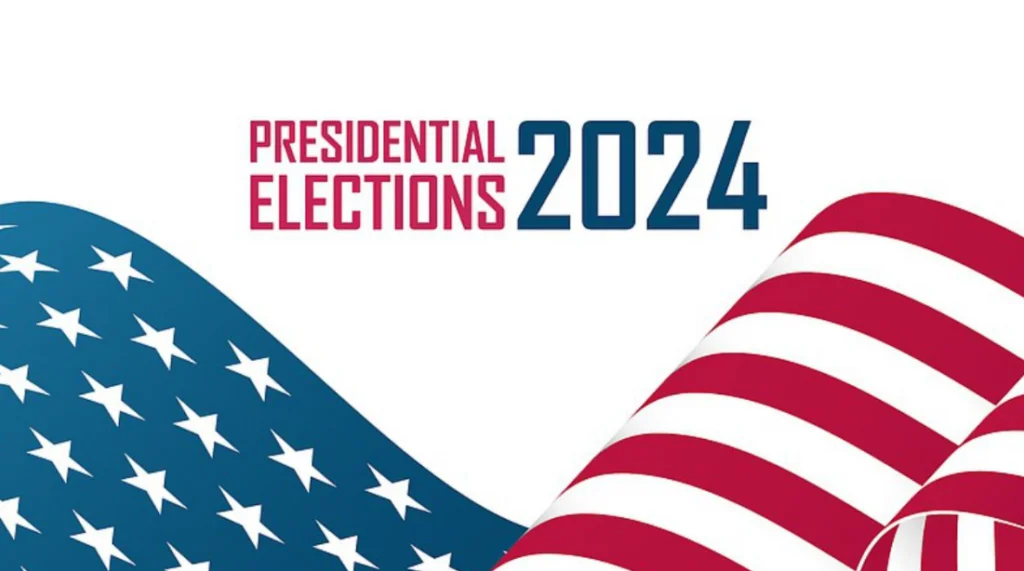US Democratic candidate for Congress, Shamaine Daniels, has enlisted the assistance of an artificial intelligence (AI) campaign caller bot named Ashley that can respond to pre-recorded responses and have conversations with Voters.

According to a report by Reuters, Daniels is reportedly utilizing “Ashley,” the first political phone banker. Generative AI technology developed by Civox reportedly fuels Ashley. While automated phone calls have existed for a while, Ashley has yet to provide pre-recorded responses.
According to the report, technology “similar” to that of OpenAI’s ChatGPT enables Ashley to engage in an infinite number of personalized, real-time conversations with electors individually.
As one of Daniels’ campaign volunteers, the AI caller program has already reached thousands of Pennsylvania voters.
Ilya Mouzykantskii, the chief executive officer of Civox, forecasted that the use of AI callers would “scale rapidly” and stated that the company planned to add tens of thousands of contacts per day by the end of the year.
“This is coming for the 2024 election and it’s coming in a very big way. … The future is now.”
Ashley, who speaks with electors while endowed with an AI bot appearance and a robotic-sounding voice, reveals her status despite the absence of legal obligations in the United States requiring her to do so.
The specific generative AI models utilized by Civox remain undisclosed; however, the company has stated that it employs more than twenty distinct models, including proprietary and open-source alternatives. The automaton underwent training utilizing publicly accessible data from the internet.
In anticipation of the 2024 U.S. elections, the application of AI has become a contentious issue. In October, U.S. senators introduced a measure to penalize the developers of deep fakes generated by unauthorized AI.
Before that, AI tool development firms had also implemented safeguards to prevent disseminating false or misleading information. Google has mandated that political campaign advertisements disclose the use of artificial intelligence.
In early November, Meta, the parent company of Instagram and Facebook, prohibited political advertisers from utilizing generative AI ad-creation tools.
A recent study by the Microsoft Threat Analysis Center, a research division of Microsoft, found that the use of artificial intelligence on social media has the potential to affect voter sentiment significantly.
An additional European study examined Microsoft’s Bing AI chatbot, known as Copilot, and discovered that it generated erroneous responses to election-related matters with a 30% accuracy rate.
